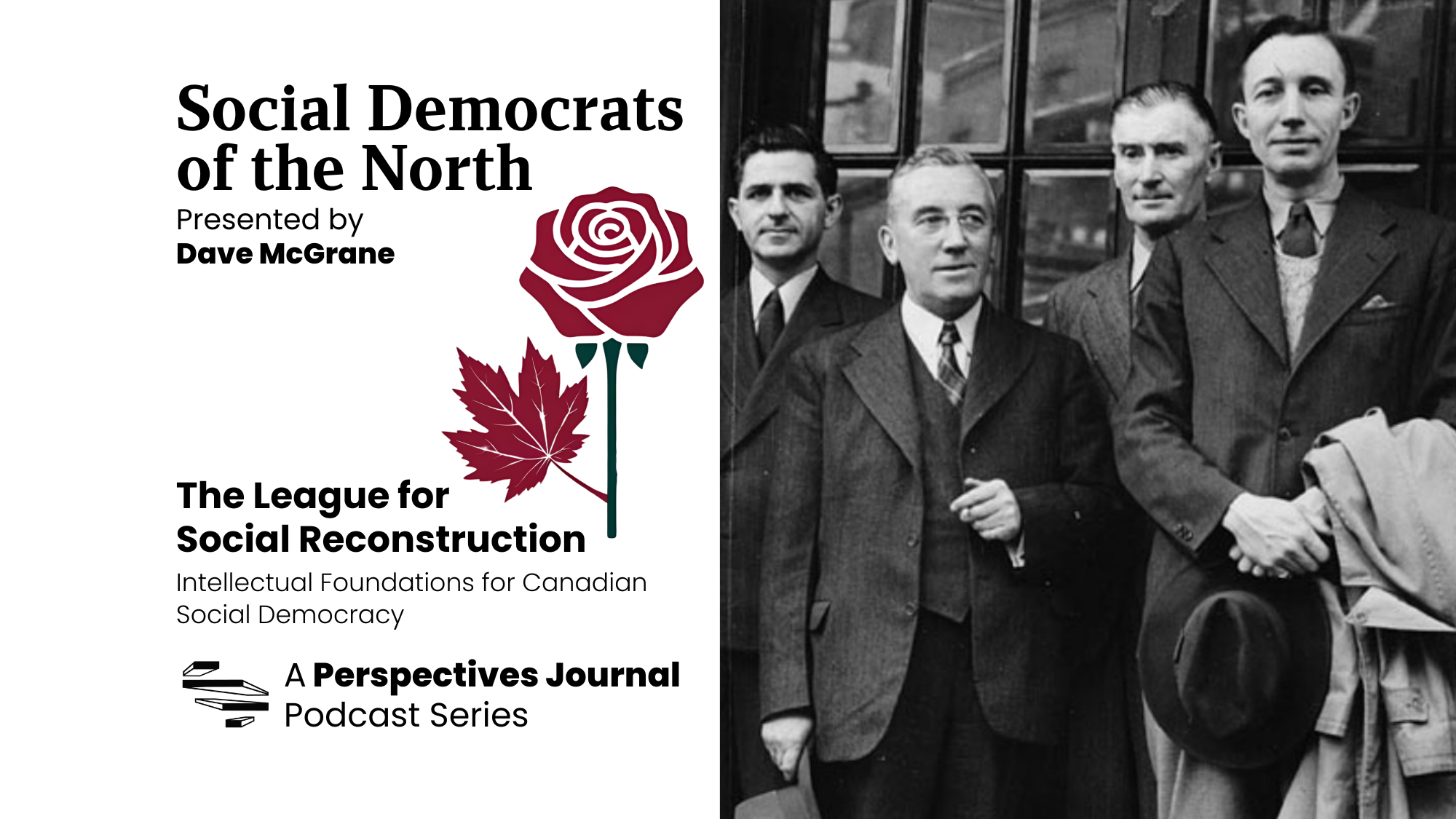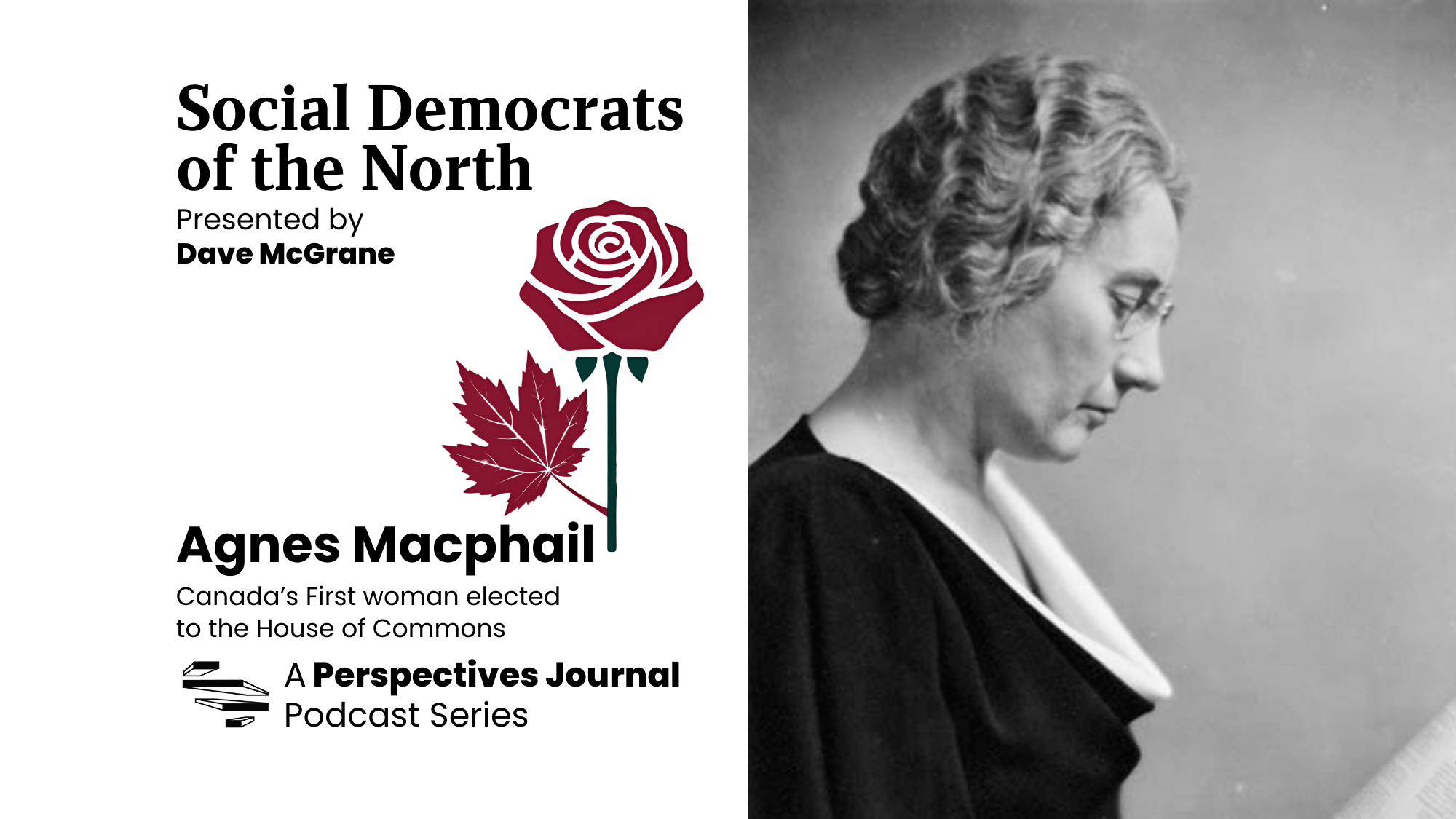The following is the text of Ed Broadbent’s speech at the 2017 Progress Summit, on April 6th in Ottawa.
Bienvenu au Sommet sur le Progrès 2017. Welcome to the 2017 Progress Summit.
I have to say that, though we’ve held this event a number of times now, it never fails to excite me. What an incredible group of activists and leaders from all corners of this country and from around the world. I will be an eager participant in the rich discussions over the next few days.
C’est un plaisir tout particulier de vous accueillir en cette année du cinquième anniversaire de l’Institut Broadbent. Tout comme l’Institut a vu une croissance importante, cet évènement la vu aussi. Je suis convaincu que cette année sera la meilleure à date.
The theme for this year’s Summit is “Change the Game.” “Change the Game” is also the name of a yearlong dialogue on the future of social democracy that the Institute is convening. We’re eager for you to engage in this important discussion not just over the next few days, but over the next many months. You can find more information on the “Change the Game” project on the “Summit App” and on the Institute web site.
In launching our discussion here, I want to make the point that I’ve always believed, whether in hockey or in politics, that the best defence is a good offence.
With the rise of the nationalist and intolerant political right around the world, Donald Trump in the US, UKIP in the UK and le Front National in France, we Canadians must not settle for simply defending those progressive gains that we’ve already achieved.
This point struck home when I recently saw a YouTube video. It was a spoof commercial for a new condition called “Trump-Induced Anxiety Disorder.” This Disorder causes sufferers to: “become irritable, have trouble sleeping, frequently yell at their TV or computer screen, and have the constant urge to pull out their hair.”
Whether psychologists have officially diagnosed this condition or not, I have a bad case of it and I suspect you do too. But for progressive people psychic anger or withdrawal is NOT an option.
Nor can satisfaction be taken from the fact that Donald Trump has produced record levels of comic fodder for Saturday Night Live. What Trump stands for, and what he’s doing, is no laughing matter.
His casual bigotry has unleashed a wave of Islamophobia, anti-Semitism, misogyny and racism that is global in its scope. Sadly, we are not immune to these dangers in Canada.
Ses coupures brutales à l’Agence américaine pour la protection de l’environnement causeront des dégâts réels à notre planète.
His budget proposals will dramatically enrich the rich and penalize the poor.
And his 2AM Tweets attacking the judiciary will have a knock-on corrosive effect on democratic government. Two things are important to remember about the forces that Trump represents.
First, the reactionary politics that he is leading is due, in no small part, to a discomfort with the kind of important progress that activists have achieved. As Tommy Douglas – a guy who knew how to “Change the Game” — used to say: “We must never underestimate our opponents; nor should we forget that the closer we come to reaching our objectives, the more vicious and forthright will their opposition become.”
The determination of Trump to eviscerate the United States’ Clean Power Plan is because the environmental movement has – in a comparatively short period of time — put the issue of carbon at the centre of global politics.
La misogynie qu’incarne Trump devrait être vue comme une réaction aux avancés du mouvement féministe au cours des dernières décennies.
The furious reaction of Trump and his Wall Street backers to financial regulation is because of their fear that new regulations might actually work.
I say to everyone here, the only answer to such reactionary politics is to keep pushing back. Push back. And push some more. And keep pushing forward. Push for what’s right!
La deuxième chose qu’il ne faut pas oublier à propos de Trump est qu’un grand nombre de ses électeurs éprouvent un sentiment légitime d’aliénation du processus politique et du système politique. The rampant and increasing inequality that some of us have been warning about for over a decade has consequences. We Canadians must renew our commitment to a more equal society to head off the spreading of disenchantment with its resultant intolerance and nativism.
Let me be clear. As horrifying as Donald Trump is, as saturated as our nightly newscasts and social media feeds are by his antics, as Canadians our primary job is here at home. Our primary task is to make progress here. We need to “Change the Game” here.
We cannot be anesthetized by a government narrative that lauds how inclusive we are – a story at odds with the lived experience of so many Canadians.
The underlying causes that produced the harsh politics of resentment and exclusion in the UK before Brexit and in the recent US election, are stirring here at home. According to a recent EKOS poll, the percentage of Canadians who identify themselves as middle class has dropped from 67% to 46%. And 70% of Canadians believe – quite accurately – that almost all recent economic growth has gone to the top 1%. C’est cette perception juste d’iniquité, que certains gagnent tandis que la plupart ne gagnent pas, qui mine notre démocratie. Dans ma génération nous avons connu les inégalités, mais à l’époque la majorité voyait qu’elle faisait du progrès, alors qu’aujourd’hui ce n’est plus le cas.
While almost 60% of Canadians today (in the same EKOS poll) said that they would not be surprised if violence broke out unless inequality was addressed, in contrast in my generation most believed the world was our oyster. That’s the difference.
The Prime Minister promised in the last election to deal with this inequality. More recently, he warned about inequality’s corrosive effects in a speech in Hamburg. So, we can ask: how did the budget deal with this major problem? Despite the budget’s explicit recognition of the problem of inequality and despite his election commitment to close tax loopholes available to the rich, the budget did nothing to address the issue.
Mr. Trudeau had his chance to deliver. Instead of removing the stock option loophole and raising the rate on capital gains, in the face of opposition from the rich, he backed down. He chickened out.
I’m sure I speak for everyone here, and a majority of Canadians, when I say inequality matters and promises must be kept. The battle against our inequality is not fought in speeches in Germany. It’s fought here at home. It’s fought by action here and now.
Mr. Trudeau, it’s time to deliver.
Here’s another reality we’re facing. Sadly, like our neighbours to the south, we too are seeing a rise of hateful acts. We are witnessing the stirring up of intolerance by certain Conservative leadership candidates. And in January, the vicious rhetoric of hate and Islamophobia became tragically real in Sainte-Foy with the murder of six people targeted simply for being Muslim.
Et nous avons une injustice qui dure depuis trop longtemps à corriger. En ce moment du 150-ième anniversaire du Canada, nous réfléchissons à ce que nous devons améliorer et il est important de se souvenir que notre histoire remonte à beaucoup plus loin. Et que le travail important de réconciliation avec les Premières Nations vient juste de commencer. Ça prendra plus que des belles paroles. Ça prendra des actes.
It’s not enough for our government to celebrate the diversity of our country, but not enact policies that head off growing inequality. We need to change the game.
It’s not right for us to think that we Canadians are immune to a radical right wing fanning intolerance and hate. We cannot be complacent. We need to change the game.
It’s not right to speak a good line about Indigenous rights but not invest in the future of Indigenous children. We need to get serious about reconciliation. We need to change the game.
Bien que notre attention est portée à changer la donne aujourd’hui, il est également important de célébrer et honorer ceux qui se sont battus pour le changement par le passé.
This sesquicentennial year, I’ll be celebrating the incredible accomplishments of Frank Calder, a hereditary Nisga’a chief who in 1949 became the first status Indian to be elected to a legislature in Canada.
I’ll be celebrating the tireless Agnes Macphail, the first woman elected to the House of Commons in 1921, who gave us one of the best ever mantras for progressive activism: “Never apologize. Never explain. Just get the thing done and let them howl.”
And I’ll be reflecting on the legacy of my friend Rosemary Brown, who in 1972 became the first Black Canadian woman elected to a legislature in Canada. Rosemary’s reminder that “”Until all of us have made it, none of us have made it” is more relevant today than ever.
And of course, I and so many other Canadians will be celebrating John Diefenbaker and Pierre Trudeau each of whom brought major human rights legislation to the House of Commons.
Tous ces fiers Canadiens, et bien d’autres aussi, se sont luttés avec succès pour « Changer la donne » et ont laissé le Canada un meilleur pays pour leurs efforts.
As sure as the buildings of Parliament rest on the layers of great sandstone blocks, the layers of our democracy have been created by the perseverance and imagination of talented activists and movements.
It was because of civil society activists in the 1980s the Charter of Rights was improved to include women’s rights and those of Indigenous peoples.
C’est la campagne sans relâche du mouvement LGBTQ qui a mené à la légalisation du mariage du même sexe en 2005.
It was decades of environmental activism that caused the closing of polluting coal plants right across the country, most recently in the ground-breaking Alberta Climate Leadership Plan of November 2015.
We have a ways to go, but we should never lose sight of the path we have travelled already. And of those exceptional Canadians who made it possible.
My friends: I’m sure all of us here would agree that a country’s true worth is measured not by how it enables the few but how it provides for the majority. Our country needs all the restless, creative, energy we can bring to bear to create a brighter future.
My former colleague, mentor, and friend, Stanley Knowles, once said that: “Ideas change the world, but they do it by assuming shape, they do it by taking concrete form.”
This next couple of days are not just about dreaming of the best ideas for improving our country, they are also about concrete plans to make these dreams a reality.
Thank you for joining the Broadbent Institute at this important event. Have a great few days. Let’s “Change the Game” and make the world a better place.
Merci.





